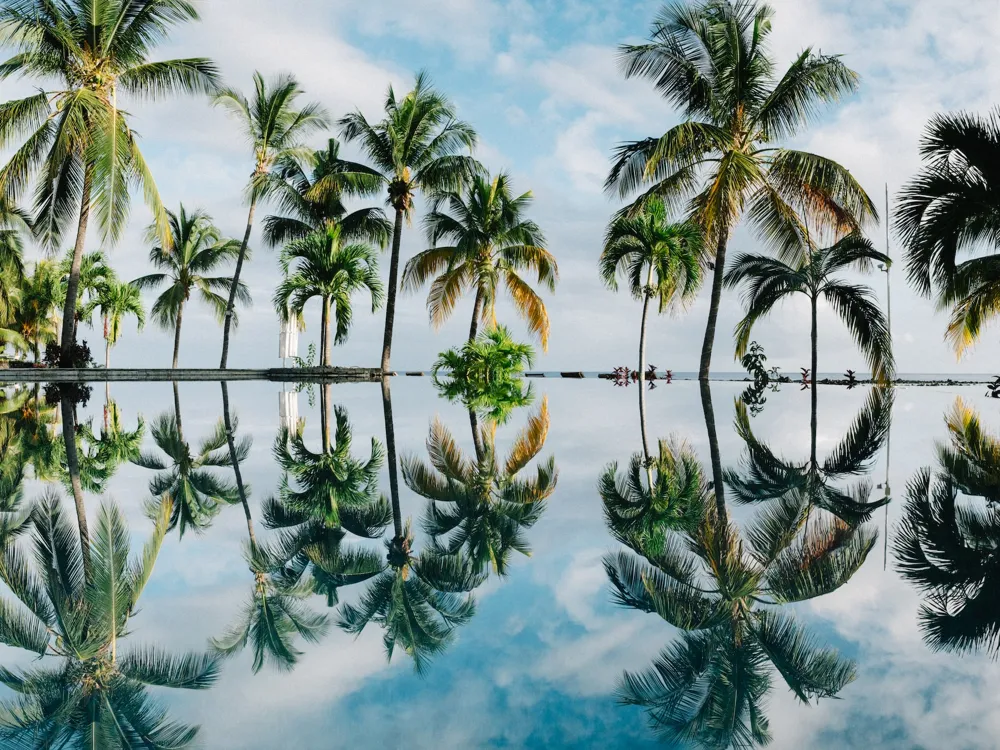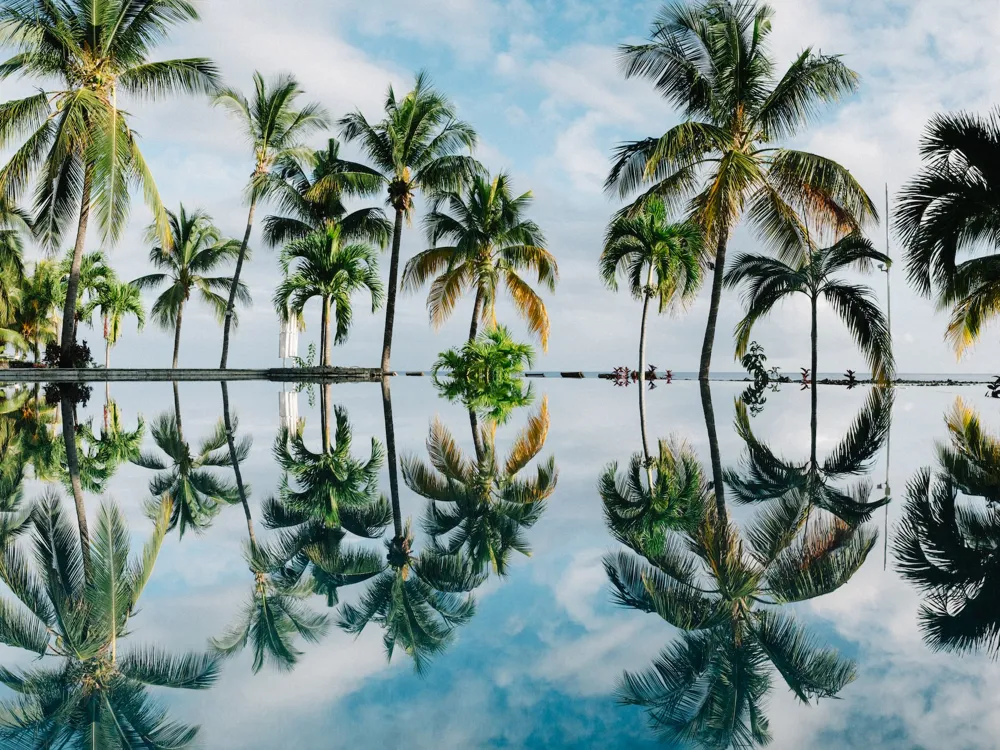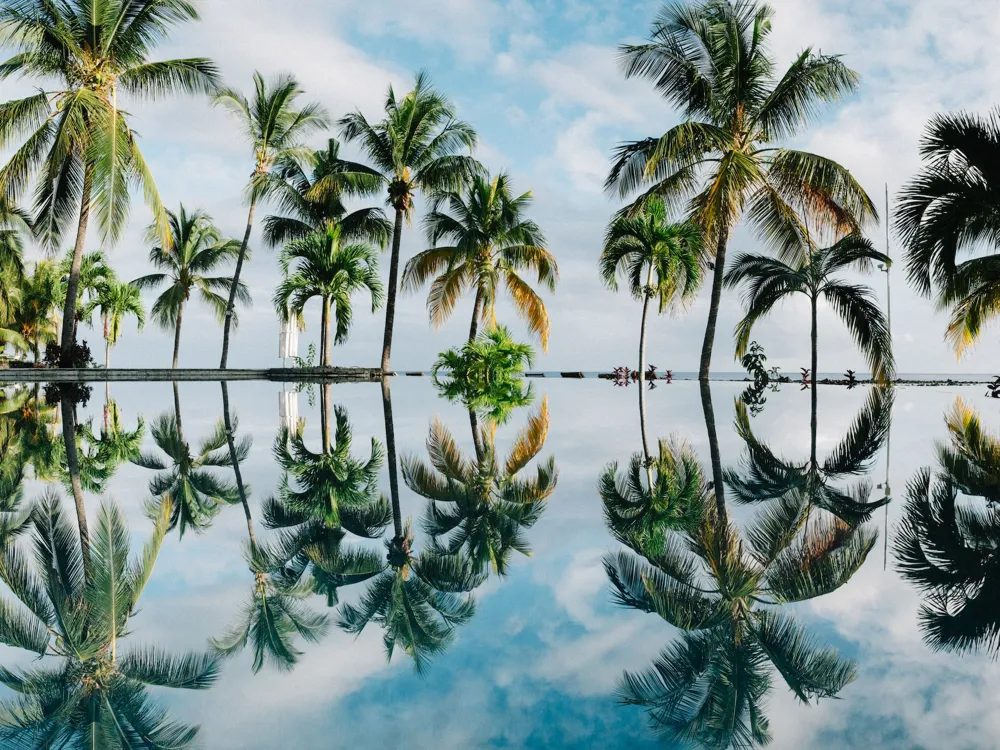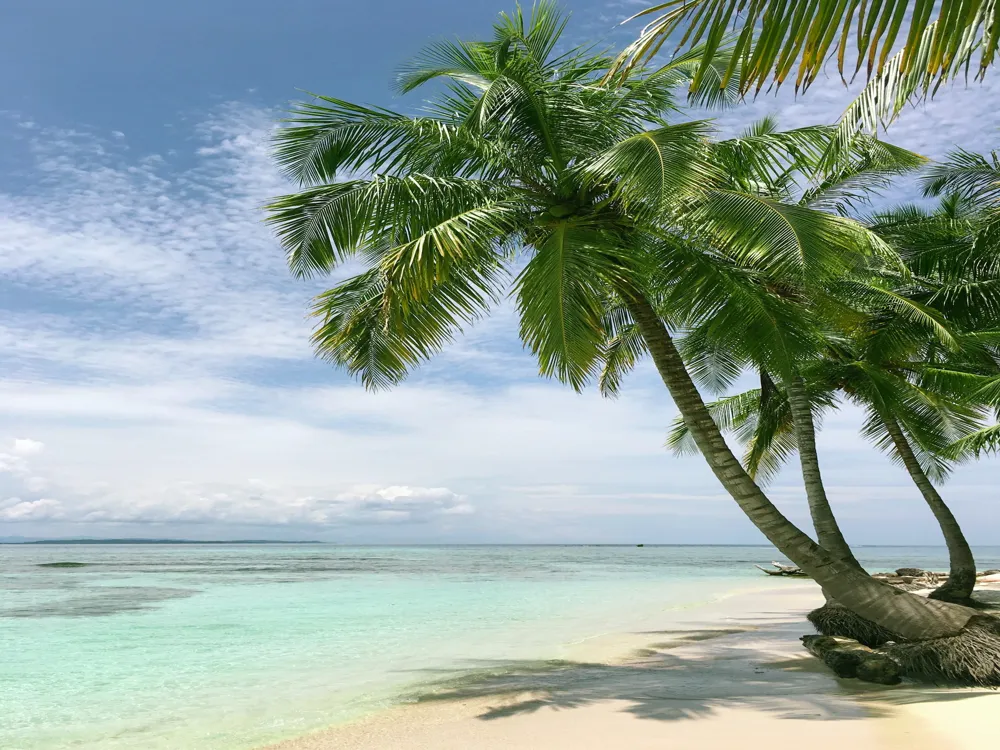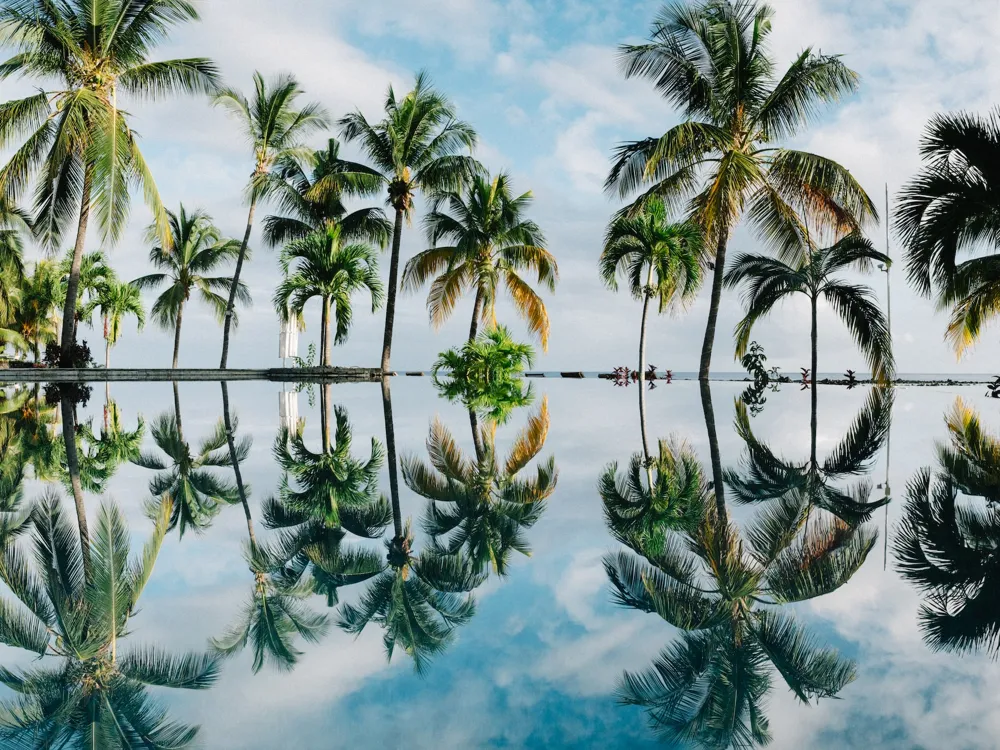Triolet, a picturesque village nestled in the heart of Mauritius, is a destination that captures the essence of island beauty and cultural diversity. Known for its vibrant community, rich history, and stunning landscapes, Triolet offers a unique glimpse into the soul of Mauritius. This charming locale, situated in the northern part of the island, is not just a place but an experience, blending the old with the new and the traditional with the modern. The history of Triolet is as colorful as its environment. Established centuries ago, the village has been a melting pot of cultures, including Indian, African, European, and Chinese influences. This cultural tapestry is reflected in the everyday life of Triolet, from the food and festivals to the languages spoken and the architecture. The village's name itself, 'Triolet,' is believed to be derived from the French word 'triolet,' meaning a small triplet, indicating the three streams that once flowed through the area. Today, Triolet is renowned for its scenic beauty and serene atmosphere. The lush greenery that surrounds the village, combined with the warm, turquoise waters of the nearby beaches, makes it a paradise for nature lovers and beach enthusiasts alike. The local cuisine, a delectable fusion of Creole, Indian, Chinese, and European flavors, offers a gastronomic adventure for foodies. Moreover, Triolet is home to several historical and cultural landmarks, including the famous Triolet Shivala, the largest Hindu temple in Mauritius. As visitors wander through the streets of Triolet, they are greeted with a sense of community and warmth. The friendly locals, often seen engaged in their daily activities, add to the village's charm and authenticity. Whether it's through engaging in conversation, participating in local festivals, or simply observing daily life, visitors to Triolet can expect a truly immersive and enriching experience. The architecture in Triolet is a vivid illustration of the village's rich cultural heritage and history. From traditional Mauritian bungalows to intricate Hindu temples, the structures in Triolet are as diverse as its inhabitants. The architectural landscape of Triolet is a harmonious blend of colonial influences, indigenous styles, and modern developments, creating a unique and captivating visual experience. One of the most iconic architectural landmarks in Triolet is the Triolet Shivala. This Hindu temple, dedicated to the god Shiva, is an exemplary representation of Indian architectural influence in Mauritius. The temple's elaborate design, characterized by intricate carvings, vibrant colors, and detailed sculptures, is a testament to the skilled craftsmanship and religious devotion of the local community. Besides religious structures, Triolet also showcases a variety of residential and public buildings that reflect the village's architectural evolution. The traditional Mauritian bungalows, with their characteristic verandas, steep roofs, and wooden structures, offer a glimpse into the island's colonial past. These houses, often surrounded by lush gardens, embody the tropical aesthetic and relaxed lifestyle of Mauritius. In recent years, Triolet has seen a wave of modern architectural developments, adding a contemporary edge to its skyline. These new structures, which include commercial buildings, shopping centers, and residential complexes, are designed with a focus on sustainability and functionality, complementing the village's traditional architectural heritage. The blend of old and new in Triolet's architecture is a reflection of the village's dynamic nature, constantly evolving while staying true to its roots. The ideal time to explore Triolet is from May to December when the weather is cooler and more pleasant. This period avoids the hot, humid summer months and the peak of the rainy season, ensuring a comfortable and enjoyable experience. It's important to respect the local customs and traditions. Dress modestly when visiting religious sites, always ask for permission before taking photos of locals, and try to learn a few phrases in Creole or French to interact with the community. Don't miss out on the local culinary delights. Triolet offers a diverse range of food options, from street food to fine dining, featuring Creole, Indian, and Chinese influences. Be sure to try local specialties like Dholl puri, Gateaux piments, and Mauritian curries. Public transportation, such as buses and taxis, are readily available in Triolet. Renting a car is also a great option for more flexibility and convenience. Always confirm the fare in advance when using taxis. Triolet offers a range of accommodation options to suit different budgets and preferences. From cozy guesthouses and homestays to luxurious resorts, there's something for everyone. Booking in advance is recommended, especially during peak tourist seasons. Triolet is easily accessible from various parts of Mauritius. The nearest major airport is Sir Seewoosagur Ramgoolam International Airport. From there, visitors can hire a taxi or rent a car to reach Triolet, which is about an hour's drive away. Alternatively, frequent bus services connect Triolet with other major cities and towns across the island, offering a cost-effective and authentic way to travel. Read More:Overview of Triolet, Mauritius
Architecture of Triolet
Tips When Visiting Triolet
Best Time to Visit
Local Etiquette and Customs
Exploring Local Cuisine
Transportation Tips
Accommodation Options
How To Reach Triolet
Triolet
Mauritius
₹ 24,899 onwards
View mauritius Packages
Mauritius Travel Packages
View All Packages For Mauritius
Top Hotel Collections for Mauritius

Private Pool

Luxury Hotels

5-Star Hotels

Pet Friendly
Top Hotels Near Mauritius
Other Top Ranking Places In Mauritius
View All Places To Visit In mauritius
View mauritius Packages
Mauritius Travel Packages
View All Packages For Mauritius
Top Hotel Collections for Mauritius

Private Pool

Luxury Hotels

5-Star Hotels

Pet Friendly







